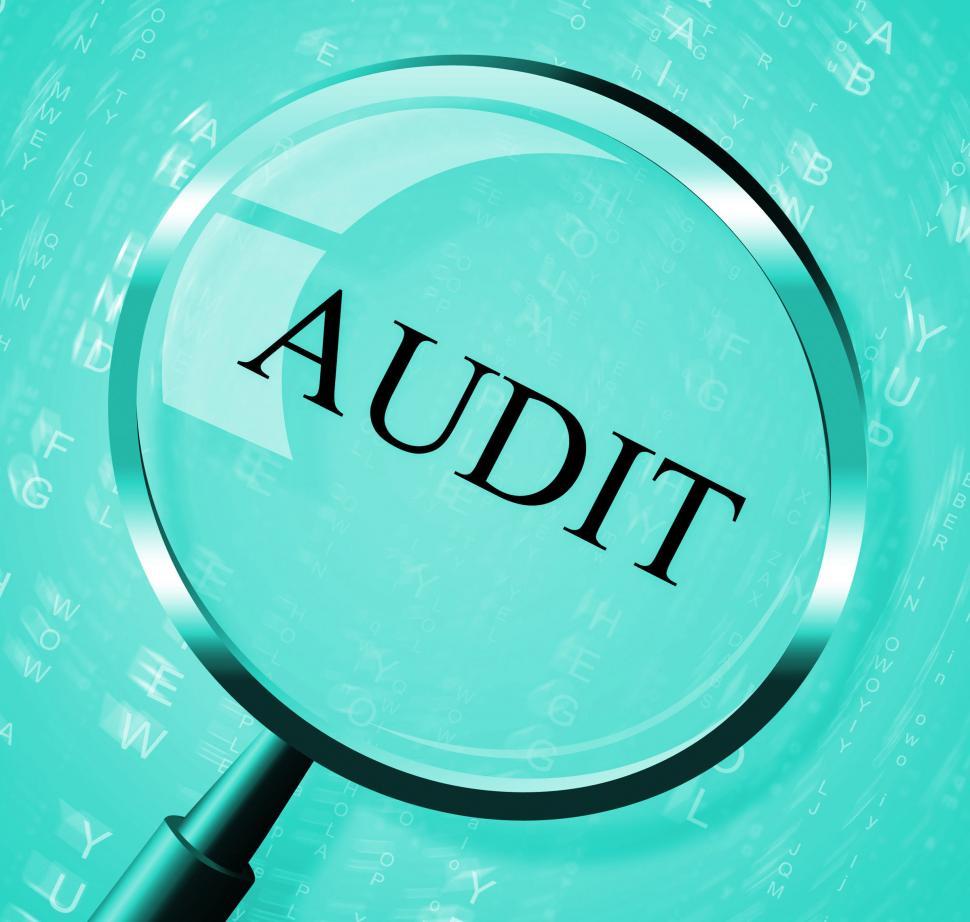Every business begins with the successful acquisition of a contract. Also, if an agreement is expected to deliver a positive outcome, it must be effectively managed from the beginning to the end. To learn more about contract management and its impact on business processes, contact us at ContractSafe to learn more.
Proper contract management practices are bound to improve a company’s contract delivery while providing a handsome profit for the organization.
What is contract management?
Contract management is the act of managing agreements among customers, vendors, employees, and partners, beginning from creation to execution and finally the termination phase. Contract management entails supervising contracts, and the process includes:
- File storage containing contract agreements and related documentation arranged in a systematic cloud-based location.
- Negotiating and renewing new and expired contracts.
- Contract analysis and progress.
- Collaboration among shareholders and relevant parties
Contracts may be forthright and straightforward or highly multifaceted and intricate. Either way, every arrangement needs proper management to continue conveying positive outcomes that ensure profitability for the organization.
Why contract management?
If a contract process is conducted exceptionally well, it improves productivity while minimizing risk and loss. Without contract management in place, it can prove challenging for a business to manage multiple contracts simultaneously effectively.
Agreeably, every company utilizes contracts from time to time. Contract agreements are legally binding and sensitive documents; hence contracting parties must give them the seriousness they deserve.
While contract covenants begin from signing an agreement, contract management is essential primarily because it reduces your business’s legal and economic risk. If well managed, it can identify errors, highlight oversights and give reminders of important dates and business obligations, ensuring you don’t miss critical milestones and deadlines.
By incorporating contract management software, your company will improve inefficient processes and avoid costly mistakes by consistently tracking and analyzing a contract’s progression.
Roles of a contract manager
A contract manager is a legal expert tasked with working with teams directly involved in each contract agreement while streamlining processes to realize expected benefits for both sides. A contract manager’s role is comprehensive and may include:
- Overseeing contract processes between contracting parties
- Reviewing and approving contract terms,
- Synchronizing deadlines,
- Approving budgets
- Coordinating the contract process from start to finish.
An organization may hire a contract manager, legal expert, or the relevant teams can complete the process themselves. Alternatively, an employee may be tasked with handling the contract on behalf of the company, owning the entire process to ensure set objectives are met.
After the signing process, a contract manager is responsible for ensuring contract objectives, deadlines, and milestones are successful. Throughout the contract’s lifecycle, the contract manager will revise and review terms to identify opportunities for contract renewals and financial gain.
Contract managers are obligated to connect a business to other relevant shareholders and are responsible for handling procedures such as tracking and meeting expected dates and deadlines.
Furthermore, a contract manager helps in monitoring procedures making sure internal and external processes comply with both in-house and industry regulations and standards. Their involvement helps mitigate risk and loss, especially in cases where stakeholders breach contractual terms putting the entire project in jeopardy.
Contract management process
The contract management procedure may vary between industries and the type of contract to use. Contract type plays a vital role in the stages the process is likely to pass through and may include:
Preparation Before creating a contract, teams must determine the objectives and goals of the agreement. Contracts may entail stakeholders’ obligations, duration of the contract, penalties for contractual breaches, etc.
- Drafting
Contract management software offers the benefits of pre-set contract templates that simplify contract drafting, which saves time spent. While it is possible to use pre-designed templates, you will require extra tweaks in other more complex business instances, make some references, and seek clarifications before presenting a final draft.
Attention to detail is a requirement to ensure integration of clauses, terms, and key phrases, making sure the sentence structure and wording don’t leave any room for ambiguity, as this could lead to various interpretations and losses for the organization.
- Negotiations
Each relevant party should approach the negotiations transparently and with integrity to realize a successful contract process for both parties. During this stage, sharing and discussing the draft copy among parties happens while incorporating amendments and edits. It is only after each team shows satisfaction and approval that the final agreement is accepted.
- Approval stage
After successful negotiations and creating a final document, the parties will append their signatures as an indication signifying their approval for the contract.
- Monitoring
Throughout the contract’s lifecycle, both parties are bound by the agreement and have to track and monitor each step to ensure success for the entire process.
- Auditing and analyzing

Regularly reviewing and analyzing contract data and contract history is an essential part of effective contract management that gives a clear picture of performance and is helpful in future decision-making processes.
- Contract renewal
Conducting regular audits is a helpful practice in contract management that prompts teams to identify contracts due for renewal to avoid contract lapses or missing opportunities.
Conclusion
As an organization, you need to determine which contract management software will be beneficial for your business. Software with AI and machine learning capabilities play a significant role that could propel your business to the next level. For better efficiency and future business prospects, introducing a contract management solution may be inevitable.



